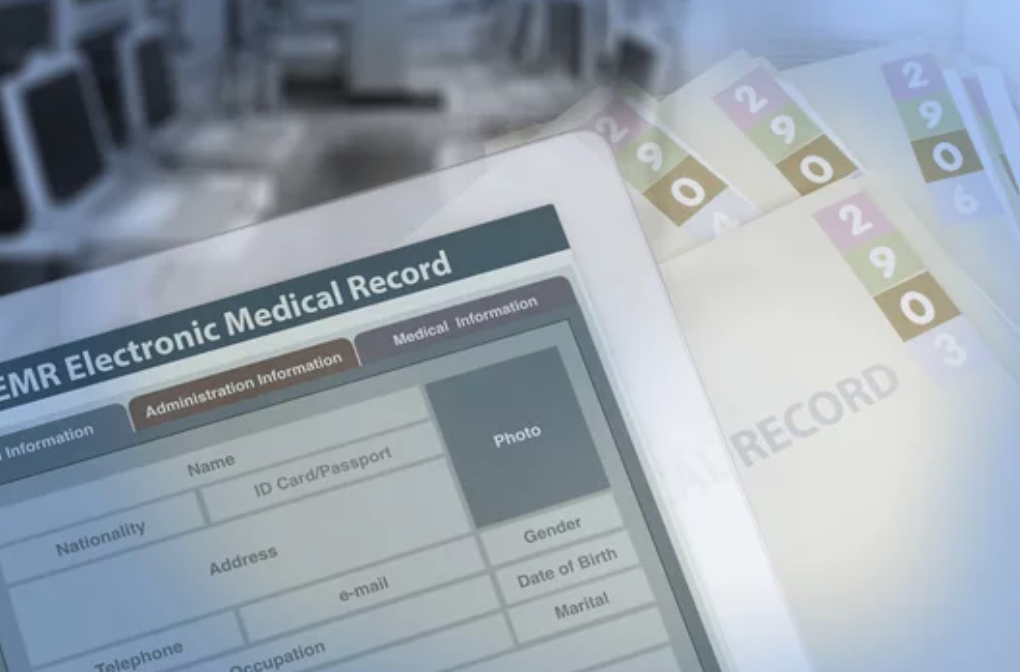A Compliant EMR Doesn’t Make You HIPAA Compliant

Even if you’ve implemented a HIPAA-compliant Electronic Medical Records (EMR) system, it’s not enough to guarantee your practice’s overall HIPAA compliance. Complying with HIPAA involves more than just your EMR system – it extends to a broad range of areas, including administrative and physical safeguards, training, incident response, and regular updates to meet legal obligations […]
The Role of Technology in Advancing Healthcare

Technology revolutionizes your healthcare experience by improving disease diagnosis, treatment, and prevention. Tech advancements like AI, wearable devices, and mobile health apps optimize diagnostics, enhance patient care, and manage health more efficiently. Electronic health records offer secure, instant access to your medical information. AI analyzes complex data, detects subtle health changes, and aids in quality […]
Navigating the Cyber Threat Landscape in Private Healthcare Practices: A Closer Look

The Challenge in Private Healthcare Practices In the increasingly digital world of private healthcare practices, the dual challenges of protecting sensitive patient information and ensuring uninterrupted care have never been more pronounced. With limited resources, reliance on legacy software systems, and the critical nature of the data they handle, private practices present an appealing target […]
Beyond the Big Players: Why HIPAA Compliance Matters for All in Healthcare

As we forge ahead into 2024, the narrative surrounding cybersecurity within the healthcare sector is evolving. No longer are discussions about cyber threats and HIPAA compliance confined to the corridors of large hospitals and healthcare agencies. A recent wake-up call came from incidents involving smaller entities within the healthcare ecosystem, illustrating a critical point: cyber […]
Navigating HIPAA Compliance: Your Guide to Reporting Small Healthcare Data Breaches Before the Deadline

As we edge closer to the critical date of February 29, 2024, healthcare organizations are reminded of the looming deadline for reporting small healthcare data breaches, specifically those involving fewer than 500 records. This year, the calendar brings a slight twist with the leap year adjustment, setting the deadline a day earlier than the usual […]








